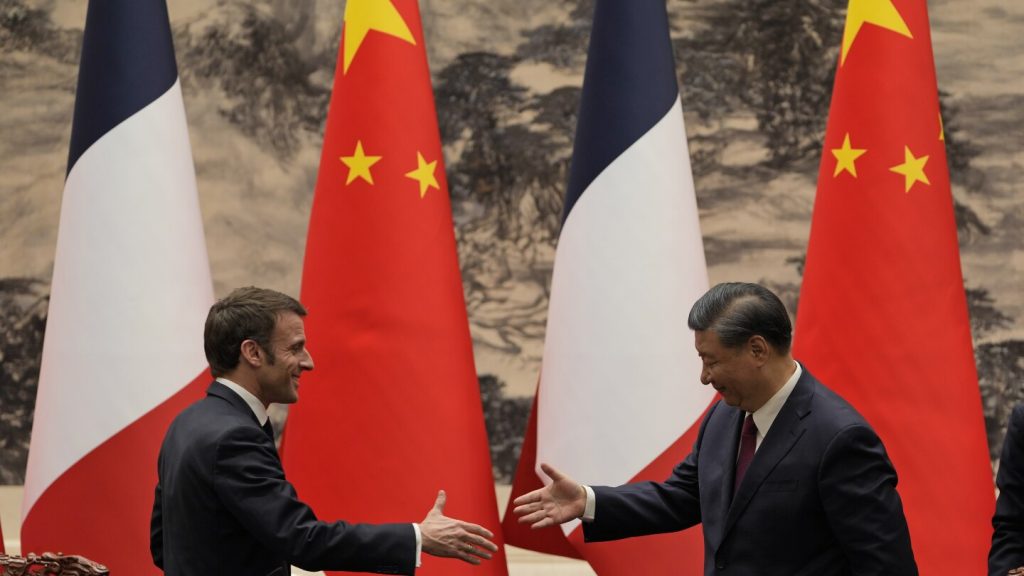Chinese leader Xi Jinping is preparing for his first trip to Europe in five years, with Ukraine, trade, and investment expected to dominate the agenda. Xi will first visit Paris to meet with French President Emmanuel Macron, who has stressed the idea of European strategic autonomy from the U.S. Xi’s visit to France comes at a time when Paris is preparing to host the Summer Olympics, an event in which China invests a significant amount of national prestige. French-Chinese diplomatic relations turning 60 years old is seen as an important diplomatic moment, with a focus on China’s broader relations with the EU. European Commission President Ursula von der Leyen has also been invited to the talks in Paris.
Following his visit to France, Xi will travel to Hungary and Serbia, both of which are considered China-friendly and close to Russian President Vladimir Putin. Hungarian Prime Minister Viktor Orbán, who has faced challenges over his authoritarian style, has straddled a middle ground between the EU, NATO, and diplomatic and trade relationships with Russia and China. Hungary is the first EU member to participate in Xi’s Belt and Road Initiative, with increasing economic ties with China, particularly in the electric vehicle (EV) industry. China has heavily invested in infrastructure projects in Hungary, including the construction of an EV battery plant and railway modernization between Budapest and Belgrade in Serbia.
In Serbia, Xi will meet with President Aleksandar Vucic, with whom China has built strong relations. The two countries have a history of friendship, especially since the NATO bombing of the Chinese embassy in Belgrade in 1999. China claims neutrality in the Ukraine conflict but has a “no limits friendship” with Russia, leading to accusations of bolstering Russia’s military capabilities against Ukraine. The U.S. has allocated significant military aid for Ukraine and to counter Chinese threats in Taiwan and the Indo-Pacific, which China has condemned as a provocation. China denies selling arms to Russia directly but supplies technology that Moscow uses to produce military equipment.
Xi’s visit to Europe is seen as highly strategic, focusing on bolstering traditional links and reinforcing new ones. China’s growing global reach is evident in its relationships with Hungary and Serbia, where significant investments have been made in various sectors. The visits will be closely watched by the U.S. for signs of diminishing support for its foreign policy goals. Macron’s role as a diplomatic leader in Europe is highlighted by his interactions with Xi and other world leaders. The outcomes of Xi’s meetings in Europe will likely have implications for global geopolitics, particularly in light of the ongoing conflict in Ukraine.


